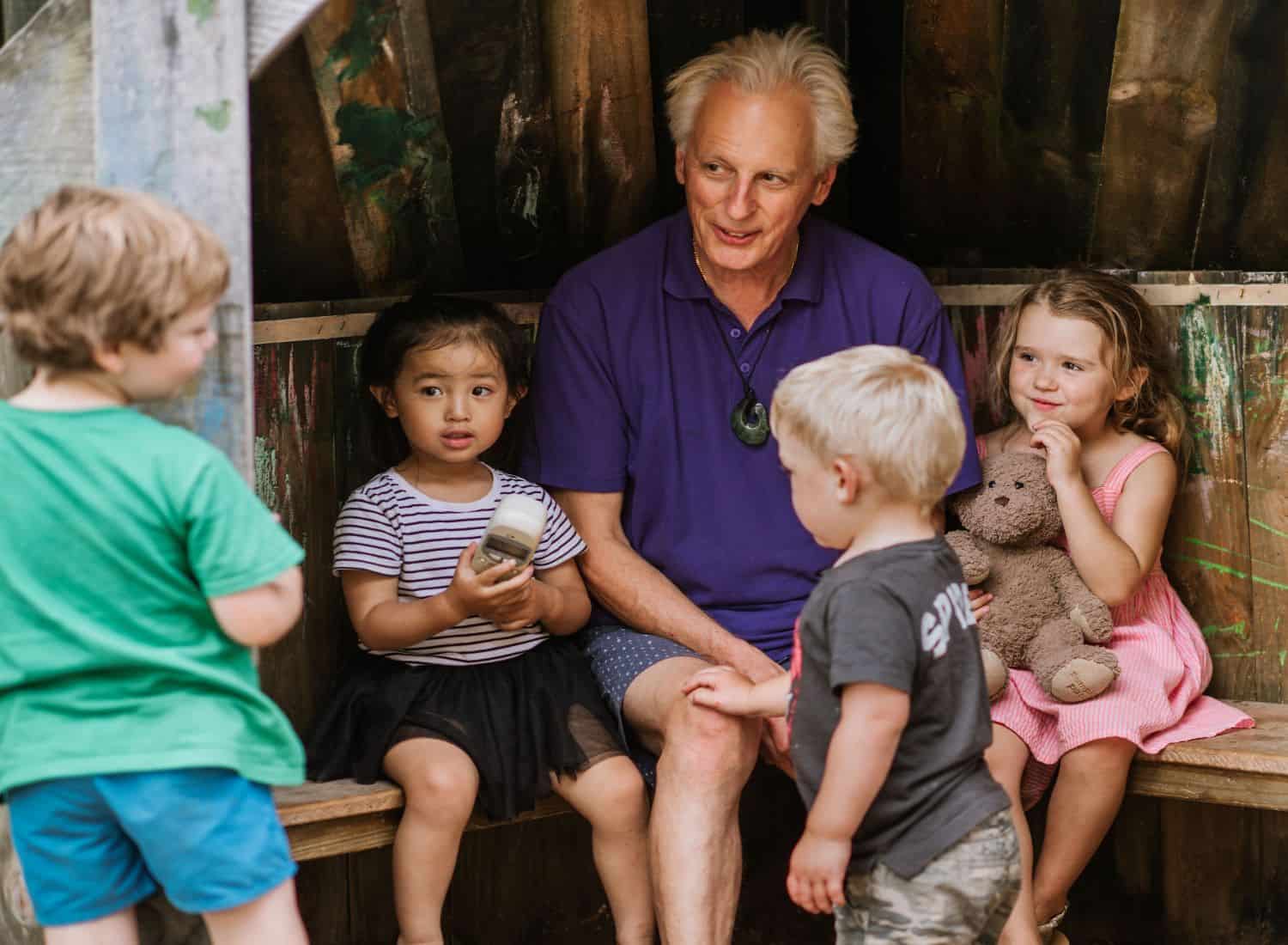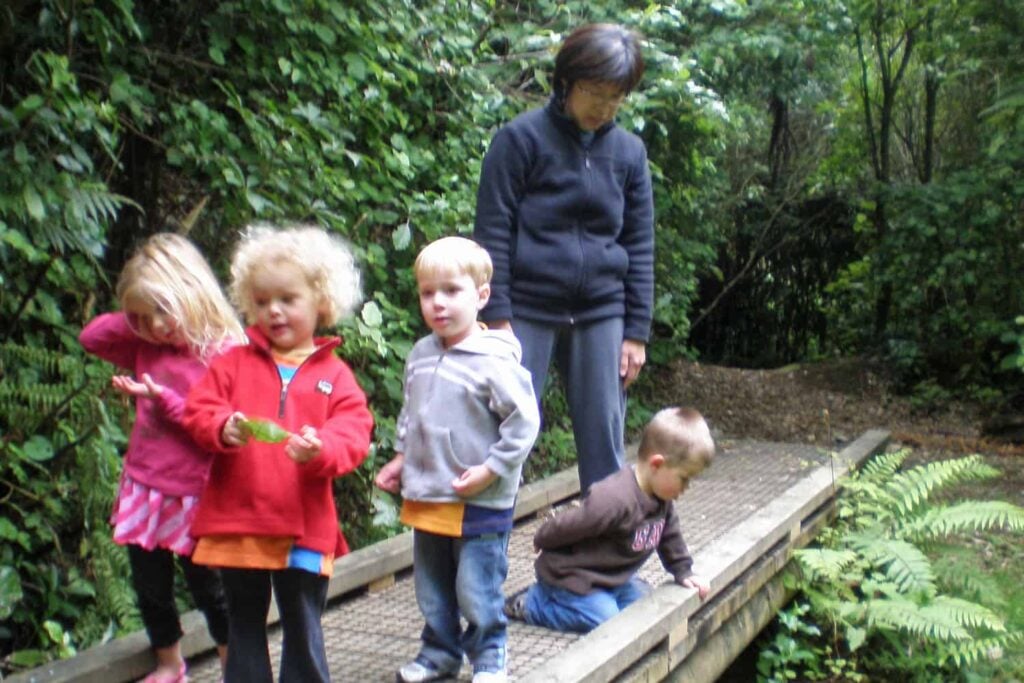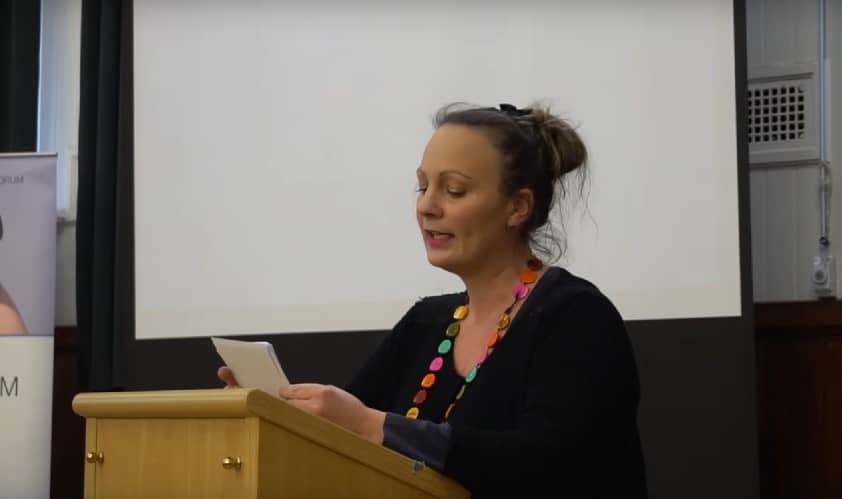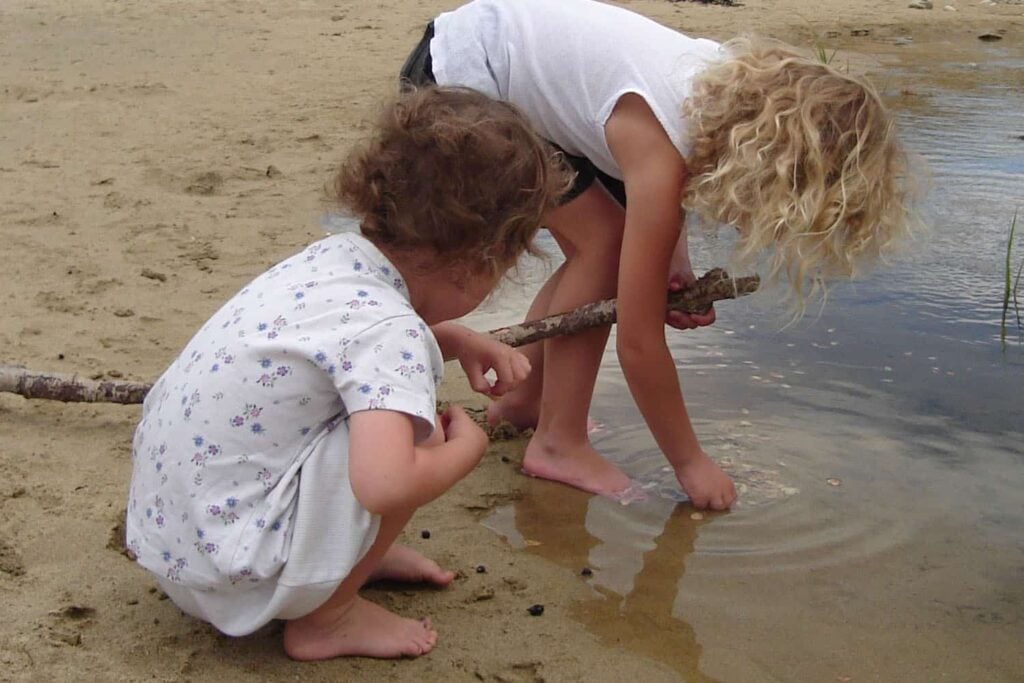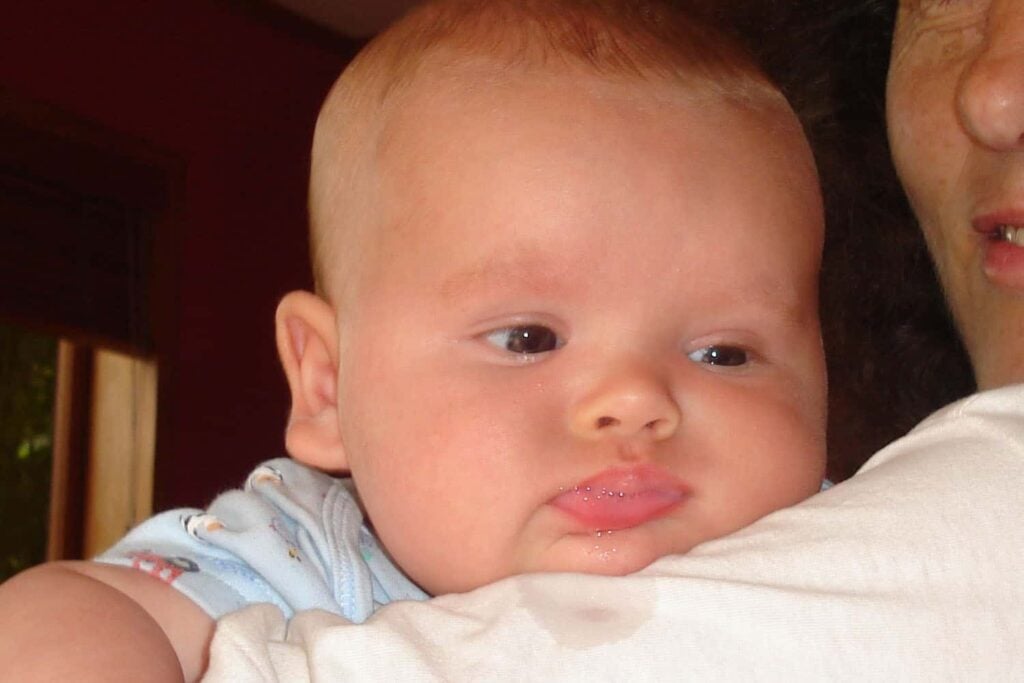Home-based ECE Educators
It is desired but not yet compulsory for educators with home-based agencies to hold at least a Level 4 ECE qualification, Te Ara Tuarua, a primary teaching qualification or a grand-parented Level 3 ECE qualification. Agencies prefer educators who hold at a level 4 recognised qualification, as the proportion of educators who are qualified is linked to the funding agencies receive from the Ministry of Education. Recognised courses for home-based educators include:
- New Zealand Certificate in Early Childhood Education and Care (Level 4) – NZQA
- Certificate in Introduction to Early Childhood Education -Auckland University of Technology
- New Zealand Certificate in a Māori World View of Early Learning (Level, 4, 5, or 6) – NZQA
- Certificate in Early Years Education – Massey University
- Certificate in Education – Auckland University of Technology
- Heke Whakaakoranga Kōhungahunga – Te Wananga o Raukawa
- Te Ara Tuarua (the level 5 Kōhanga Reo qualification) or higher (Tohu Whakapakari)
- Or, a recognised higher ECE teaching qualification (see further options below)
See information on wages and what you can expect to earn
ECE Teacher Qualifications and Courses
An early childhood education (ECE) teaching qualification is strictly defined as one recognised by the Teaching Council for registration purposes.
- Bachelor of Teaching (Early Childhood Education),
- Graduate Diploma of Teaching (Early Childhood Education) which is a one year full-time or a two-year part-time programme of study in early childhood education for graduates or people who already have a degree, OR
- an equivalent Level 7 qualification approved by the New Zealand Teaching Council for teacher certification.
The list of currently approved Level 7 courses can be found below.
Definitions
- Unqualified teacher – a person with or without an ECE qualification that is less than Level 7. (note that a centre can count one person who is in the final year of their level 7 recognised programme toward meeting it’s regulatory obligation to have at least 50% ECE qualified staff but does not have to pay the unqualified teacher at a qualified teacher level)
- Qualified teacher – holds a recognised teaching qualification at Level 7 (this may be a degree or grad diploma).
- Certificated Teacher – one who holds the above (or its NZQA assessed equivalent if for example it’s an overseas teaching qualification) and is registered and certificated (this includes newly qualified teachers who have got a provisional teaching certificate).
- Teacher in training – someone who is enrolled and has started study toward a recognised teaching qualification at Level 7 or recognised graduate diploma
The funding a centre receives from the Ministry of Education is linked to the proportion of qualified and certificated teachers it employs. Therefore a centre may not pay a teacher who is qualified but not certificated at Ministry of Education specified pay parity rates.
Primary School Teachers
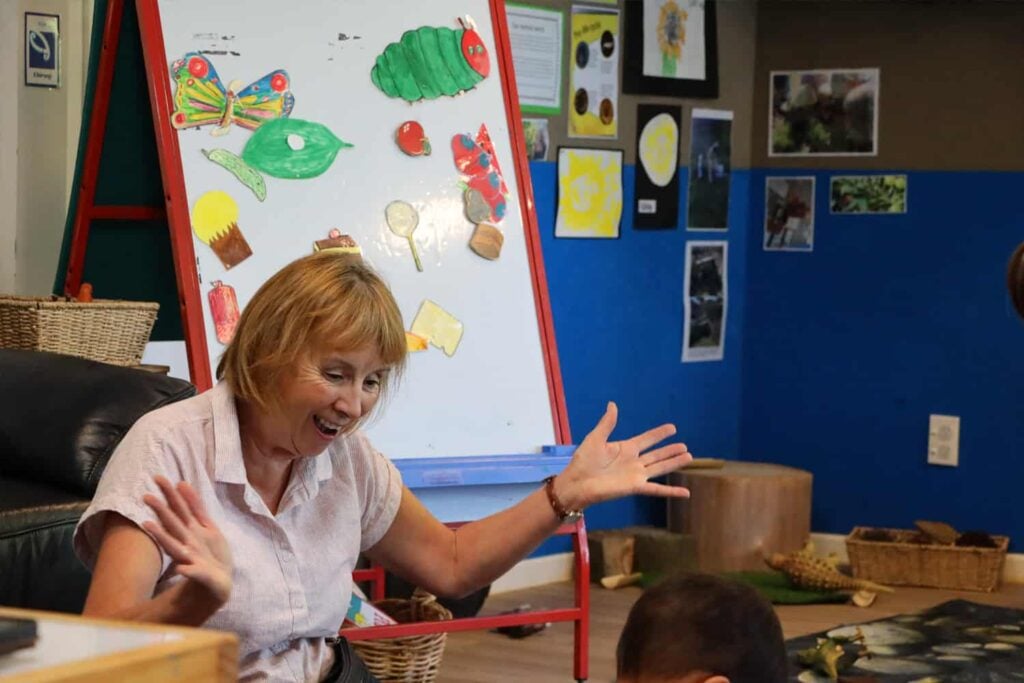
Qualified and certificated primary school teachers are recognised currently in funding and regulations for early childhood centres, and are therefore also paid at least at the same rates as qualified and certificated ECE teachers.
Secondary School Teachers
Secondary teaching qualifications are not recognised. You may work in an early childhood service as an unqualified teacher or do an ECE graduate diploma so that you will hold a recognised qualification.
Overseas Qualifications
Contact the NZ Qualifications Authority for information and clarification of recognition for your particular qualification. NZQA assesses applications on a case by case basis. For an overseas qualification to be recognised by the NZ education system for the purpose of working in early childhood education it must be assessed as at least equivalent to a NZ Level 7 qualification or as containing core components of a NZ Graduate Diploma of Teaching (ECE) qualification. Overseas qualifications assessed by NZQA as equivalent to a Level 7 ECE qualification and approved by the Teaching Council, are recognised by the Ministry of Education for ECE staffing and service funding purposes. Find out more here.
Courses
- Full-time courses
- Part-time courses
- On-campus courses (going to classes)
- Distance study (similar to correspondence study)
- Field-based study (where you work in an ECE service – earning, studying, and able to apply your new knowledge all at the same time!)
There are many different training providers, offering different courses and combinations of study options. Consider:
- How many years it will take to complete the training course, any differences between programme providers in fees, and if the type of training suits the way you like to learn and your personal obligations (e.g. if you have young children or dependants).
- The reputation of the training provider (ask other people what they think of it).
- Is it university based?
- Is it research-based, is it more practical focused, does it have a strong cultural focus, does it have more course content on the younger years under 2 years or older years, is it more suited to teaching under a certain philosophy (e.g. Montessori?)
Training Institutions
AUT School of Education Te Kura Mātauranga
Bachelor of Education (Early Childhood Teaching)
Location: North Campus (Northcote) or South Campus (Manukau)
Length: Three years of full-time study
Bachelor of Education (Pasifika Early Childhood Teaching)
Location: North Campus (Northcote) or South Campus (Manukau)
Length: Three years of full-time study
Bethlehem Tertiary Institute
Bachelor of Education (Teaching) Early Childhood Education
Location: Study anywhere within NZ: online and onsite (Tauranga) options available
Length: 3 years (Full-time study)
Eastern Institute of Technology
Bachelor of Teaching (Early Childhood Education)
Location: Napier: Taradale
Length: Three years of full-time study
Manukau Institute of Technology
Bachelor of Education (Early Childhood Teaching)
Location: Otara Campus
Length: Three years of full-time study
Massey University
Graduate Diploma of Teaching (Early Childhood Education)
Location: Palmerston North: Manawatu Campus or Auckland: Albany Campus
Length: One year of full-time study
Open Polytechnic
Bachelor of Teaching (Early Childhood Education)
Location: Programme delivered online – available to students anywhere in New Zealand
Length: Three years of full-time study
Te Rito Maioha
Bachelor of Teaching (Early Childhood Education)
Length: Three years of full-time study
Te Wānanga o Raukawa
Poutuarongo Whakaakoranga Kōhungahunga
Location: Te Wāhi Ako Ōtaki
Length: Kia toru tau
Te Whare Wānanga o Awanuiārangi
Te Tohu Paetahi Ako – Bachelor of Education (Teaching) Early Years
Location: Whakatane, Tāmaki Makaurau (Auckland) and Te Tai Tokerau (Northland)
Length: 36 weeks per year
The University of Auckland, Faculty of Education and Social Work
Bachelor of Education (Teaching) Early Childhood Education specialisation
Location: Auckland: Epsom campus
Length: Three years of full-time study
Graduate Diploma in Teaching (Early Childhood Education)
Location: Auckland: Epsom Campus
Length: One year of full-time study
The University of Waikato School of Education
Bachelor of Teaching (Early Childhood)
Location: Hamilton and Tauranga
Length: Three years of full-time study
Graduate Diploma of Teaching (Early Childhood)
Location: Distance Learning
Length: One year of full-time study
Toi-Ohomai Institute of Technology
Bachelor of Teaching Early Childhood Education: Te Tohu Paetahi Whakaako Kōhungahunga
Location: Rotorua: Mokoia Drive campus. Tauranga: Windermere Drive Campus
Length: Three years of full-time study
Master of Teaching Early Childhood Education: Tohu Paerua o te Whakaako i te Mātauranga Kōhungahunga
Location: Rotorua and Tauranga
Length: 18 months of full-time study
Unitec Institute of Technology
Bachelor of Teaching (Early Childhood Education)
Location: Auckland: Mt Albert Campus
Length: Three years of full-time study
University of Canterbury, College of Education, Health and Human Development
Bachelor of Teaching and Learning (Early Childhood)
Location: Christchurch and Distance
Length: Three years of full-time study
Graduate Diploma in Early Childhood Teaching
Length: One year of full-time study
University of Otago, College of Education
Bachelor of Teaching (BTchg) – Early Childhood Education
Location: Dunedin and Invercargill
Length: Three-year undergraduate degree
Master of Teaching and Learning – Early Childhood Education
Location: Dunedin only
Length: One-year (January-December) postgraduate degree
Victoria University of Wellington Faculty of Education
Bachelor of Education (Teaching) Early Childhood
Location: Wellington: Kelburn Campus
Length: Three years of full-time study
Graduate Diploma of Teaching (Early Childhood Education)
Location: Online throughout New Zealand.
Length: One year of full-time study
Wintec – Waikato Institute of Technology
Bachelor of Teaching (Early Childhood Education)
Location: Hamilton: City Campus
Length: Three years of full-time study or up to six years part-time.


